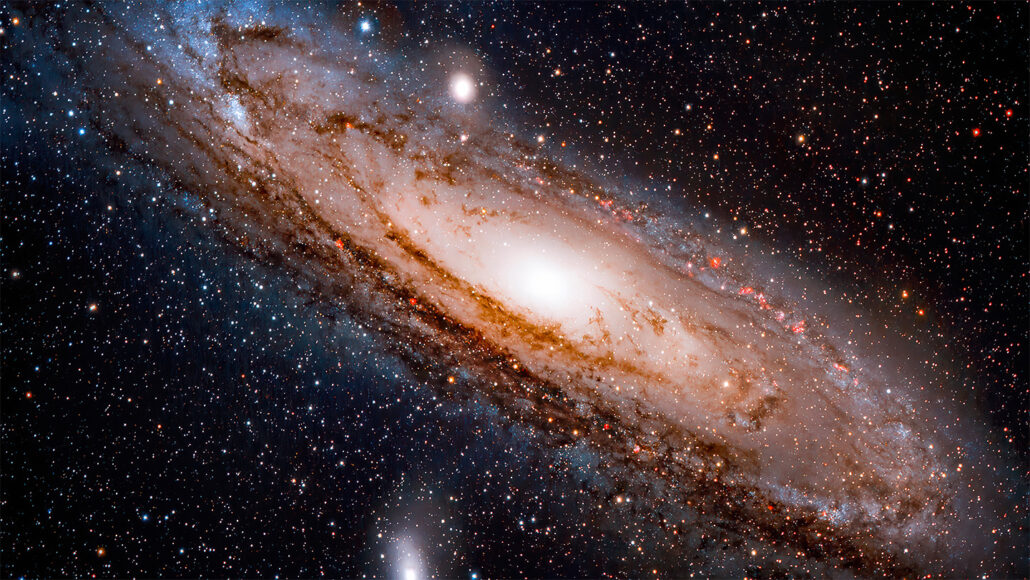PostmodernProphet
fully immersed in faith..
Not a biochemist, but from previous posts on the subject it appears that carbon and silicon are the most likely base-elements of life due to how many combinations of molecules can be formed from them.
Not saying a lifeform couldn't evolve from Uranium, but if it did, it wouldn't look like anything recognizable by humans. Maybe a planet could be "alive", but how could we hope to communicate with a creature whose "seconds" are equal to multiple human generations?
did someone promise you that you could recognize it?......







